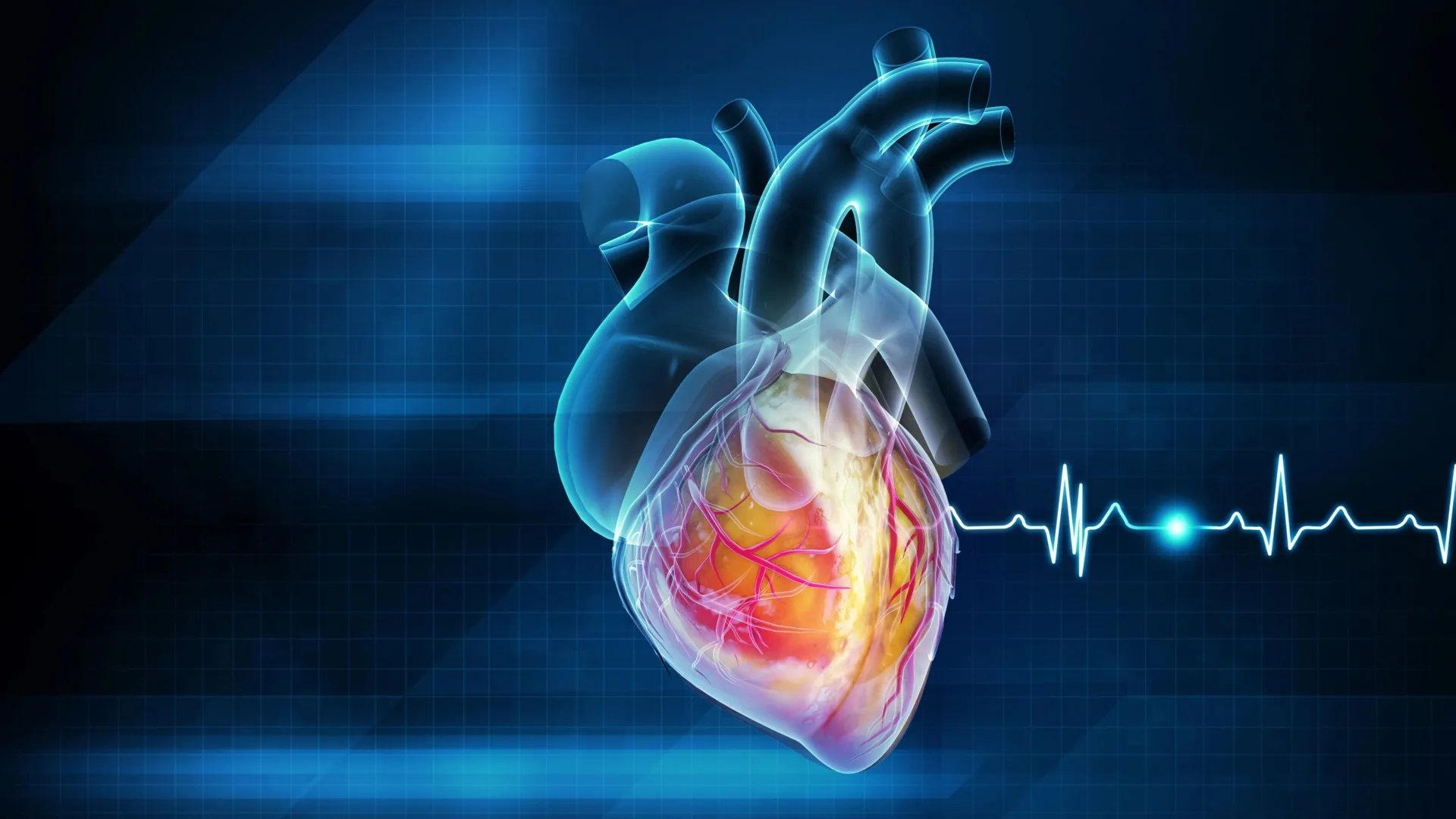Heart attacks may actually be infectious
- Date:
- September 8, 2025
- Source:
- Tampere University
- Summary:
- Scientists from Finland and the UK have uncovered groundbreaking evidence that heart attacks may be triggered by infectious processes rather than just cholesterol and lifestyle factors. Hidden bacterial biofilms inside arterial plaques can remain dormant for decades, shielded from the immune system, until activated by a viral infection or another external trigger. Once awakened, the bacteria spark inflammation, rupture arterial plaques, and cause blockages that lead to heart attacks.
- Share:

A pioneering study by researchers from Finland and the UK has demonstrated for the first time that myocardial infarction may be an infectious disease. This discovery challenges the conventional understanding of the pathogenesis of myocardial infarction and opens new avenues for treatment, diagnostics, and even vaccine development.
According to the recently published research, an infection may trigger myocardial infarction. Using a range of advanced methodologies, the research found that, in coronary artery disease, atherosclerotic plaques containing cholesterol may harbor a gelatinous, asymptomatic biofilm formed by bacteria over years or even decades. Dormant bacteria within the biofilm remain shielded from both the patient's immune system and antibiotics because they cannot penetrate the biofilm matrix.
A viral infection or another external trigger may activate the biofilm, leading to the proliferation of bacteria and an inflammatory response. The inflammation can cause a rupture in the fibrous cap of the plaque, resulting in thrombus formation and ultimately myocardial infarction.
Professor Pekka Karhunen, who led the study, notes that until now, it was assumed that events leading to coronary artery disease were only initiated by oxidized low-density lipoprotein (LDL), which the body recognizes as a foreign structure.
"Bacterial involvement in coronary artery disease has long been suspected, but direct and convincing evidence has been lacking. Our study demonstrated the presence of genetic material -- DNA -- from several oral bacteria inside atherosclerotic plaques," Karhunen explains.
The findings were validated by developing an antibody targeted at the discovered bacteria, which unexpectedly revealed biofilm structures in arterial tissue. Bacteria released from the biofilm were observed in cases of myocardial infarction. The body's immune system had responded to these bacteria, triggering inflammation which ruptured the cholesterol-laden plaque.
The observations pave the way for the development of novel diagnostic and therapeutic strategies for myocardial infarction. Furthermore, they advance the possibility of preventing coronary artery disease and myocardial infarction by vaccination.
The study was conducted by Tampere and Oulu Universities, Finnish Institute for Health and Welfare and the University of Oxford. Tissue samples were obtained from individuals who had died from sudden cardiac death, as well as from patients with atherosclerosis who were undergoing surgery to cleanse carotid and peripheral arteries.
The research is part of an extensive EU-funded cardiovascular research project involving 11 countries. Significant funding was also provided by the Finnish Foundation for Cardiovascular Research and Jane and Aatos Erkko Foundation.
The research article "Viridans Streptococcal Biofilm Evades Immune Detection and Contributes to Inflammation and Rupture of Atherosclerotic Plaques" was published in the Journal of the American Heart Association.
Story Source:
Materials provided by Tampere University. Note: Content may be edited for style and length.
Journal Reference:
- Pekka J. Karhunen, Tanja Pessi, Sohvi Hörkkö, Vesa Karhunen, Sirkka Goebeler, Anne‐Mari Louhelainen, Mika Martiskainen, Teppo Haapaniemi, Johanna Lappeteläinen, Tommi Ijäs, Leo‐Pekka Lyytikäinen, Emma Raitoharju, Thanos Sioris, Sari Tuomisto, Heini Huhtala, Chunguang Wang, Claudia Monaco, Niku Oksala, Terho Lehtimäki, Reijo Laaksonen. Viridans Streptococcal Biofilm Evades Immune Detection and Contributes to Inflammation and Rupture of Atherosclerotic Plaques. Journal of the American Heart Association, 2025; 14 (16) DOI: 10.1161/JAHA.125.041521
Cite This Page: